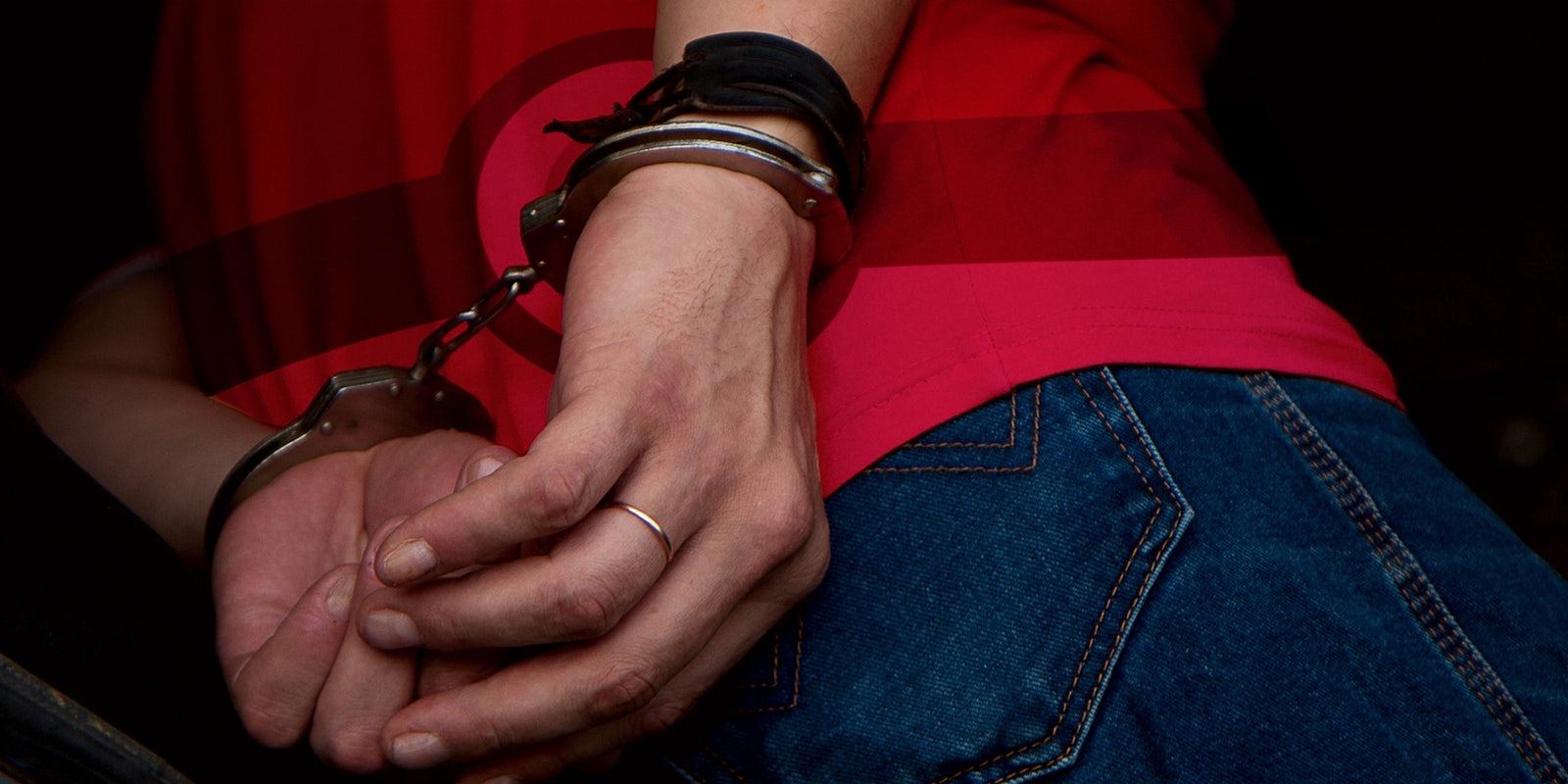The state of New York has officially banned registered sex offenders from playing Pokémon Go, making it the first state to do so after concerns were raised that the app may be attracting players to the homes of people convicted of sex crimes.
Gov. Andrew Cuomo ordered the state to restrict sex offenders on parole from playing Pokémon Go and other similar GPS-oriented games, according to New York Daily News. In keeping with the governor’s directive, the state’s corrections department has barred sex offenders from “downloading, accessing, or playing such internet gaming activities,” the paper reports.
“Protecting New York’s children is priority number one and, as technology evolves, we must ensure these advances don’t become new avenues for dangerous predators to prey on new victims,” Cuomo said in a statement. “These actions will provide safeguards for the players of these augmented reality games and help take one more tool away from those seeking to do harm to our children.”
The governor’s office has also reportedly reached out to Niantic, the San Francisco-based software development company behind the hugely popular app, which encourages users to roam the physical world and collect virtual monsters.
The Department of Criminal Justice Services will begin working with Apple and Google, which operate the mobile platforms and app stores where Pokémon Go is available for download, “enhance user safety,” according to Cuomo’s office. Cuomo also called for greater data sharing with app developers.
In the past week, two lawmakers in New York—State Sens. Diane Savino (D-S.I.) and Jeff Klein (D-Bronx)—have sought to pass legislation that would effectively restrict the game from attracting players to areas within 100 feet of a convicted sex offender’s home.
As part of a study, Savino and Klein sent staff members to more than 100 homes of offenders convicted of sex crimes involving children or the possession of child pornography. Pokémon appeared near the homes 57 percent of the time, Daily News reported. That figure jumped to 73 percent when PokéStops and Pokémon gyms were included.


